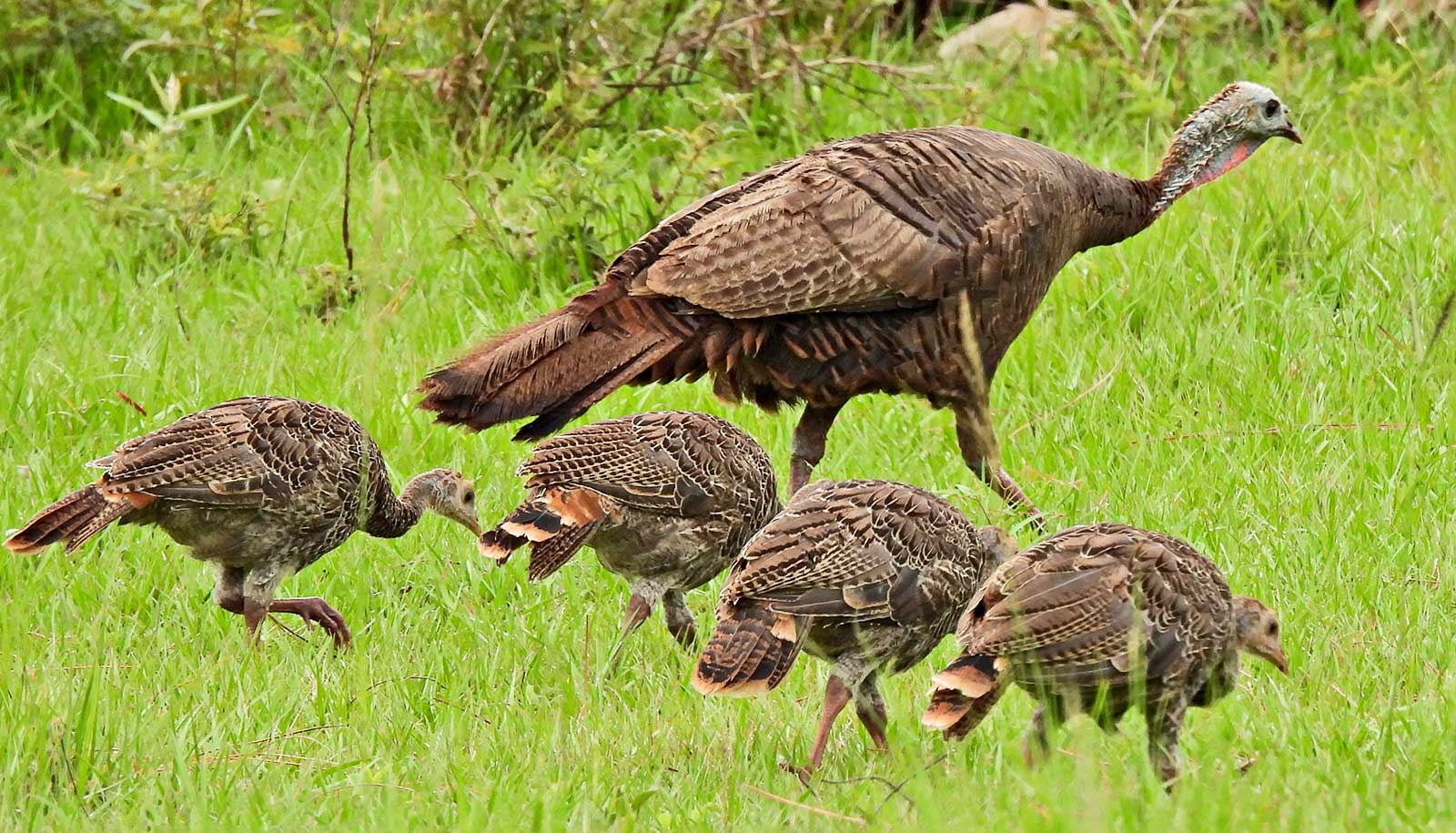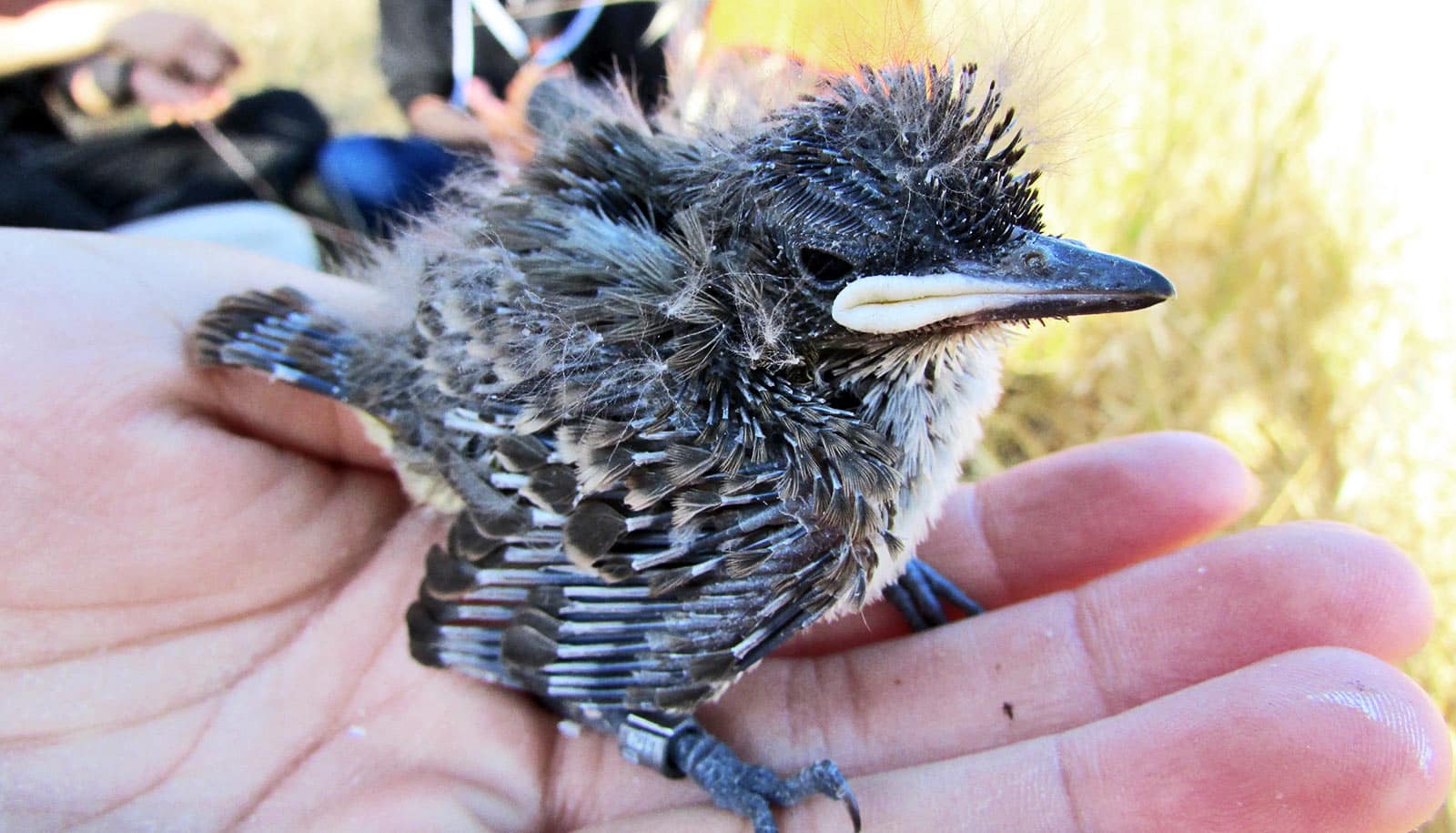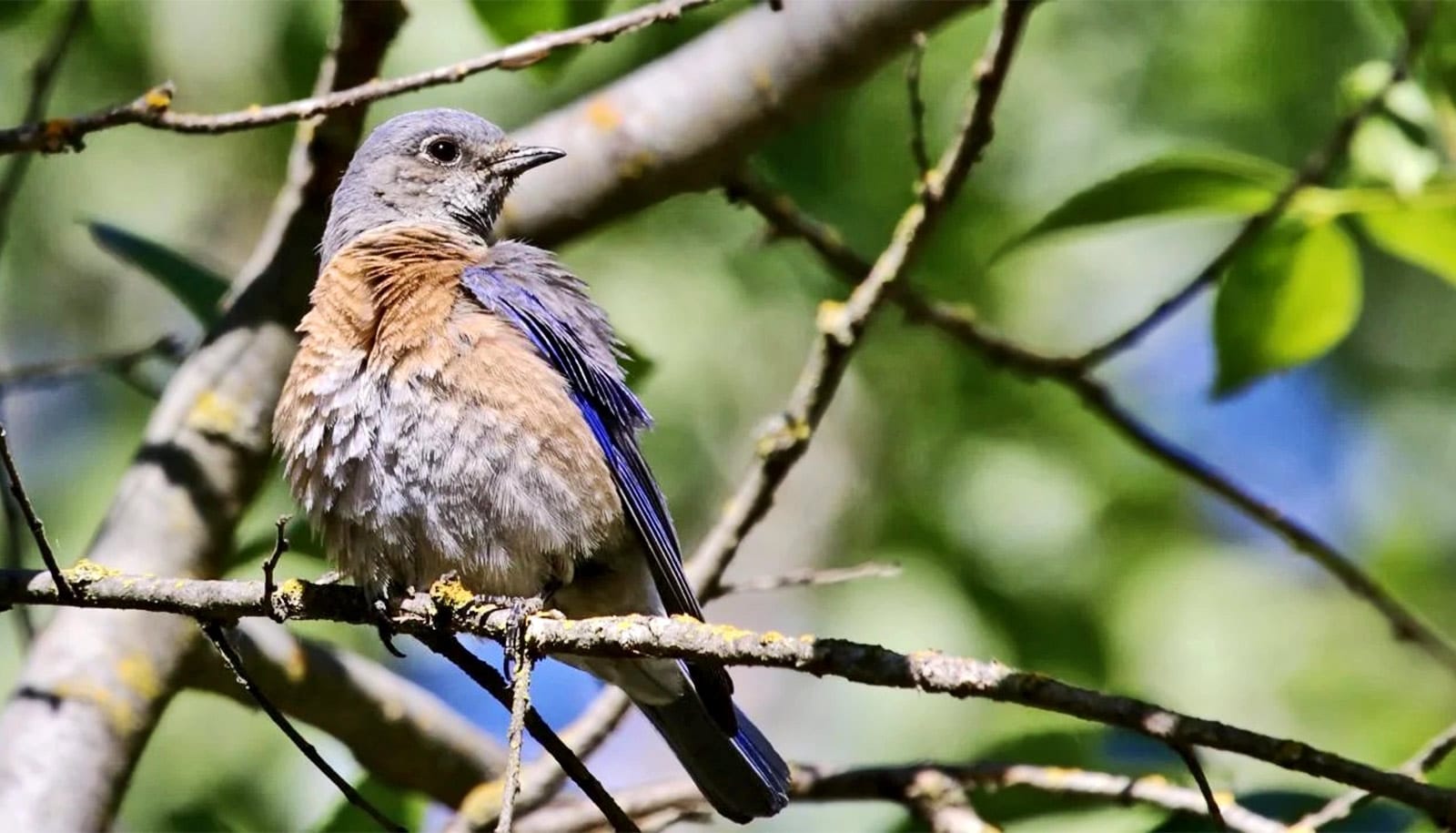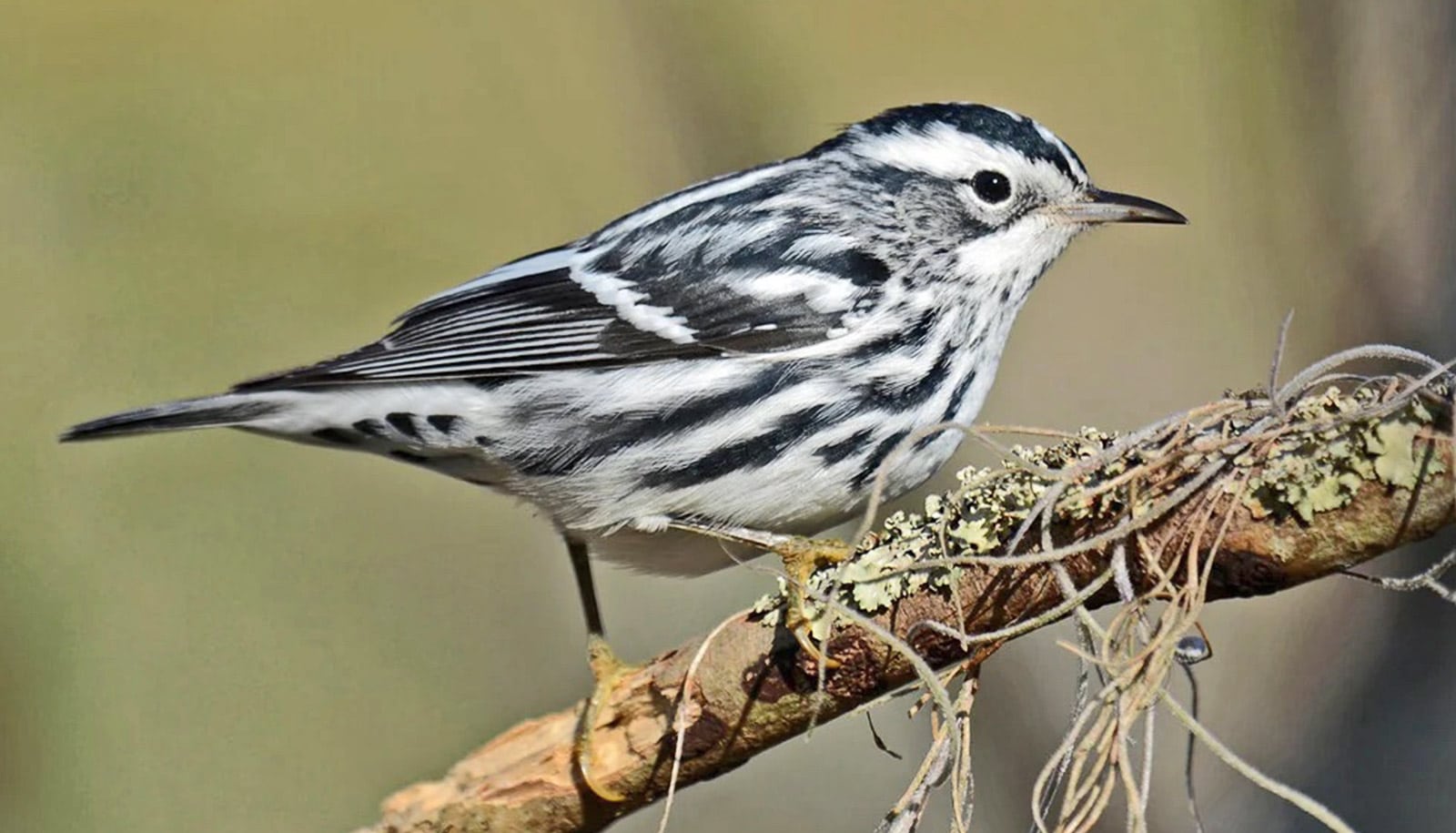Precipitation levels during nesting season are not related to reproductive success for wild turkeys, according to a new study.
The finding runs counter to conventional wisdom regarding the role that rainfall plays in wild turkey nesting success and shed new light on how climate change may affect wild turkey populations.
“We wanted to know how weather influences nesting success right now, and then use that data to assess how climate change may influence wild turkey populations in the future,” says Wesley Boone, a postdoctoral researcher at North Carolina State University and corresponding author of the study published in the Journal of Wildlife Management.
“Wild turkeys are fairly tolerant of a wide range of conditions, but there are a host of factors that can affect their reproductive success,” says coauthor Chris Moorman, a professor of forestry and environmental resources at NC State. “This work focused on two of those conditions, precipitation and temperature, and how they may influence nest survival during the incubation period.”
For the study, researchers focused on daily nest survival, which is whether the eggs in the nest survive any given 24-hour period. Over the course of eight years, researchers monitored 715 turkey nests and collected daily precipitation and temperature data for each nest during the entire incubation period.
For temperature, the researchers looked specifically at the extent to which temperatures at each nest varied from historical averages.
The researchers analyzed all of this data to determine the extent to which precipitation and temperature were associated with daily nest survival.
“The most surprising finding was that precipitation during nesting was not a good predictor of daily nest survival,” Moorman says. “It had been widely believed that particularly rainy weather made it more likely that eggs wouldn’t survive.”
“We also found that temperatures which were higher than historical averages were associated with higher rates of daily nest survival during incubation,” says Boone. “Peak nesting season is generally in April, so we’re talking about warmer than average spring weather.”
“Taken by itself, this might suggest that climate change could benefit turkey reproductive success and, by extension, turkey populations,” Moorman says. “However, we also looked at precipitation and temperature data for the months leading up to nesting season, and at the overall likelihood that a turkey nest will successfully hatch at least one egg. And when we looked at both of those datasets, things get a lot less clear.”
“For example, the data suggest that more precipitation in January—long before nesting season—is associated with greater nest survival,” Boone says. “The data also suggest that higher temperatures in January are associated with worse nesting survival.
“But there is so much uncertainty related to those findings that it’s not clear whether there’s a real relationship there, or if it’s an anomaly. However, it does temper any enthusiasm we might have about the likelihood that climate change will benefit turkey populations.”
Additional coauthors are from NC State, the University of Georgia, Louisiana State University, and the US Geological Survey.
Source: NC State



